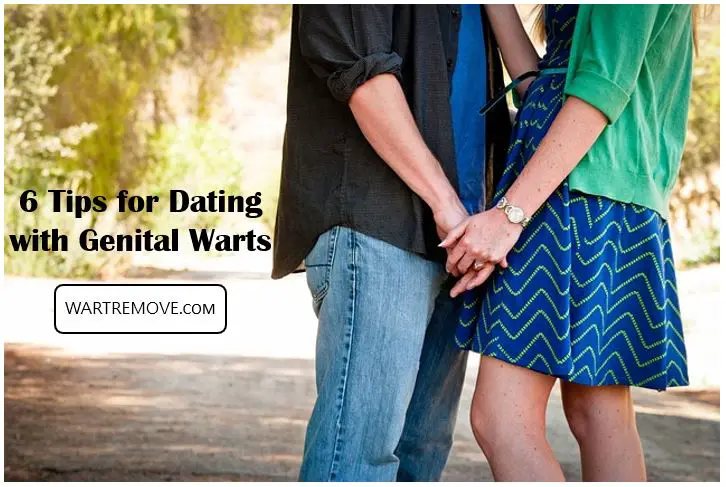Female genital warts, or HPV, can trump a woman’s self-esteem, especially when it comes to dating. While some fortunate young women with this STD may not find them bothersome, others may feel as though their very existence of them has ruined their chances of having a relatively normal sexual relationship. Let’s not even mention how gross those little buggers can look, but the medical procedures involved can be…well, awkward. It is stressful. Well, ladies, the truth is, we are more susceptible to developing HPV, so the least we can do after the unlikely event of a diagnosis is arm ourselves to deal with it. This doesn’t have to mean the end of your dating life. Here are a few tips on still having a healthy dating life.
Be Informed
First, it’s absolutely important that you search the far ends of the internet, the dusty crevices of library shelves, and every brochure in your doctor’s office to learn all there is to know about the virus. The better educated you are, the easier it is for you to tell your partner or future partners and answer their questions. While acquiring this knowledge, make sure to learn the facts and stay away from the myths and hype.
Divulge your status
Like with any other sexually transmitted disease, it is important that you let your partner know of your status. Had the roles been reversed, you would have appreciated it. This may seem scary at first, especially with a new partner. First, while there shouldn’t be a rush in the initial stages to tell them, it is best to do it after some comfort has been established. Preferably, not the moment before he climbs into the sack. You want to build trust with the person first because, let’s be honest…there is no point blurting it out on the first date. In addition, with your new knowledge, you should be comfortable and confident to explain to them and answer their questions.
Condoms
The scary truth is while condoms may reduce the risk of contracting HPV, it does not provide complete protection. The virus can affect areas not covered by the condom, so although this is highly recommended, it is still a risk. This goes for oral sex as well.
Vaccine
This is always an option. Vaccines available to men and women will protect against most genital warts (namely, Cervarix for women and Gardasil for women and men). It is important that you are informed about them to make this suggestion to your partner.
What’s your number?
This may be a good reason to be very prudish. Limiting the number of persons who have physical contact wouldn’t be such a bad idea. If you are in a relationship, it is wise to remain faithful. In addition, if you are with a long-term partner and find out you have HPV, there is no alarm. This doesn’t mean you have done something wrong. There shouldn’t be shame or guilt, as it is highly likely that the virus was dormant in your system for years without symptoms. You need to convey this to your partner and know a few references or websites to which you can direct him.
Keep healthy
This isn’t a play to get you to drink more water or start eating more fruits and vegetables (although that isn’t a bad thing). But in fact, the best treatment for any sort of ailment is our immune system. Regular exercise and a healthy balanced diet will keep your immune system in tip-top shape, increasing your fighting chances of the HPV going away on its own. Even high-risk HPV can go away independently if your immune system is strong enough. So think about this next time choosing Cheetos over Yogurt at the supermarket.
The bottom line for all these ladies is don’t panic or go into a lonely glum feeling like this is the end of your “relationship career.” The diagnosis can only rain on your parade if you let it. Prepare yourself, build confidence and take care of your body. Don’t let HPV dictate your life.
